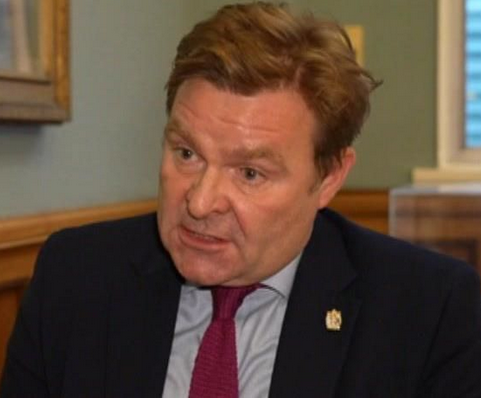With payday around the corner for much of the country, almost 10 million workers (33 per cent) will be worrying about whether they have enough money to last until they are paid, according to new research from Post Office Money Current Accounts.
The last week of the month until payday is the hardest for many of us, as we look for ways to survive until our next pay-packet. While some are willing to make cutbacks to their spending, others will look at alternative means of funding – turning to savings (24 per cent) or credit cards (27 per cent) in a typical month.
The more frugal of us (39 per cent) will instead choose to reign in our outgoings, and resort to money-saving measures in the countdown to payday. Spending on food is one of the most common sacrifices to be made in response to the payday squeeze; two-fifths (40 per cent) will hunt for reduced goods at the supermarket, while 39 per cent save money by taking lunch to work. Some take more drastic steps - potentially risking their health – with 13 per cent choosing to skip meals in the run up to payday.
John Willcock, Head of Current Accounts at Post Office Money said: “The last week of the month will be a quiet one for many of us as we count the pennies before payday. Whilst a third of the working population worry every month, many more find themselves short at the end of the month at some point throughout the year. A number of people will be relying on savings, credit cards and overdrafts, highlighting the financial juggling act many of us face.”
Despite scrimping and saving, over a fifth (23 per cent) of workers slip into the red every month. Higher earners are more likely to rely upon their overdraft than those on lower incomes, with two-fifths (45 per cent) of those earning over £70,000 using it every month compared to only 27 per cent of those earning under £20,000.
People are pushed into their overdraft for a number of reasons, ranging from unexpected expenses (32 per cent) through to splashing out on something they could not afford (11 per cent). With a fifth (20 per cent) admitting they do not budget, it is clear the number who would benefit from planning ahead to avoid the routine of payday pain.
Despite the range of online money tools available, a quarter (25 per cent) have no formal way of keeping track of their finances, and simply keep a note in their heads. Many prefer to turn to paper and pen to manage their finances, with 26 per cent writing down their finances in a diary, compared with 13 per cent who use an app.
John Willcock continued: “These days there are many tools available to help consumers manage their money, and suit a variety of needs. Whether they prefer face-to-face support, or to use an app or online tool, people can choose the method they are most comfortable with. Post Office Money offers customers the choice of going online, speaking to someone in branch or over the phone, and now a current account app – ensuring they feel supported in every stage of their financial journey.”
Many of those who have planned ahead and have money left at the end of the month are will transfer it into a savings fund for emergencies (31 per cent) or into one for a specific goal (26 per cent). Two-fifths (40 per cent) will let it sit in their account – while 17 per cent will enjoy an end of the month shopping spree.
















